CONTACTAbout UsCAREER OPPORTUNITIESADVERTISE WITH USPRIVACY POLICYPRIVACY PREFERENCESTERMS OF USELEGAL NOTICE
© 2025 Equal Entertainment LLC.
All Rights reserved
All Rights reserved
By continuing to use our site, you agree to our Privacy Policy and Terms of Use.
We need your help
Your support makes The Advocate's original LGBTQ+ reporting possible. Become a member today to help us continue this work.
Your support makes The Advocate's original LGBTQ+ reporting possible. Become a member today to help us continue this work.
Federal authorities may prosecute sick people whose doctors prescribe marijuana to ease pain, the U.S. Supreme Court ruled Monday, concluding that state laws don't protect users from a federal ban on the drug. The decision is a stinging defeat for marijuana advocates who had successfully pushed 10 states to allow the drug's use to treat various illnesses. Justice John Paul Stevens, writing the 6-3 decision, said that Congress could change the law to allow medical use of marijuana. The closely watched case was an appeal by the Bush administration in a case involving two seriously ill California women who use marijuana. The court said the prosecution of pot users under the federal Controlled Substances Act was constitutional. "I'm going to have to be prepared to be arrested," said Diane Monson, one of the women involved in the case. Stevens said the court was not passing judgment on the potential medical benefits of marijuana, and he noted "the troubling facts" in the case. Monson's backyard crop of six marijuana plants was seized by federal agents in 2002, although the California law was on Monson's side. In a dissent, Justice Sandra Day O'Connor said that states should be allowed to set their own rules. Under the Constitution, Congress may pass laws regulating a state's economic activity so long as it involves "interstate commerce" that crosses state borders. The California marijuana in question was homegrown, distributed to patients without charge, and without crossing state lines. "Our national medical system relies on proven scientific research, not popular opinion. To date, science and research have not determined that smoking marijuana is safe or effective," John Walters, director of National Drug Control Policy, said Monday. Stevens said there are other legal options for patients, "but perhaps even more important than these legal avenues is the democratic process, in which the voices of voters allied with these [California women] may one day be heard in the halls of Congress." California's medical marijuana law, passed by voters in 1996, allows people to grow, smoke, or obtain marijuana for medical needs with a doctor's recommendation. Alaska, Colorado, Hawaii, Maine, Montana, Nevada, Oregon, Vermont, and Washington State have laws similar to California's. In those states, doctors generally can give written or oral recommendations on marijuana to patients with cancer, HIV, and other serious illnesses. "The states' core police powers have always included authority to define criminal law and to protect the health, safety, and welfare of their citizens," said O'Connor, who was joined in her dissent by two other states' rights advocates: Chief Justice William H. Rehnquist and Justice Clarence Thomas. The legal question presented a dilemma for the court's conservatives, who have pushed to broaden states' rights in recent years. They earlier invalidated federal laws dealing with gun possession near schools and violence against women on the grounds the activity was too local to justify federal intrusion. O'Connor said she would have opposed California's medical marijuana law if she were a voter or a legislator. But she said the court was overreaching to endorse "making it a federal crime to grow small amounts of marijuana in one's own home for one's own medicinal use." Alan Hopper, an American Civil Liberties Union attorney, said that local and state officers handle 99% of marijuana prosecutions and must still follow any state laws that protect patients. "This is probably not going to change a lot for individual medical marijuana patients," he said. The case concerned two Californians, Monson and Angel Raich. The two had sued then-U.S. attorney general John Ashcroft, asking for a court order letting them smoke, grow, or obtain marijuana without fear of arrest, home raids, or other intrusion by federal authorities. Raich, an Oakland woman suffering from ailments including scoliosis, a brain tumor, chronic nausea, fatigue, and pain, smokes marijuana every few hours. She said she was partly paralyzed until she started smoking pot. Monson, an accountant who lives near Oroville, Calif., has degenerative spine disease and grows her own marijuana plants in her backyard. In the court's main decision, Stevens raised concerns about abuse of marijuana laws. "Our cases have taught us that there are some unscrupulous physicians who overprescribe when it is sufficiently profitable to do so," he said. (AP)
From our Sponsors
Most Popular
Bizarre Epstein files reference to Trump, Putin, and oral sex with ‘Bubba’ draws scrutiny in Congress
November 14 2025 4:08 PM
True
Jeffrey Epstein’s brother says the ‘Bubba’ mentioned in Trump oral sex email is not Bill Clinton
November 16 2025 9:15 AM
True
Watch Now: Pride Today
Latest Stories
Joe Biden says MAGA Republicans want to make LGBTQ+ people ‘into something scary’
December 05 2025 8:20 PM
'Finding Prince Charming's Chad Spodick dies at 42
December 05 2025 3:45 PM
Supreme Court to hear case on Trump order limiting birthright citizenship
December 05 2025 3:01 PM
Women gamers boycott global esports tournament over trans ban
December 05 2025 2:55 PM
Anti-LGBTQ+ hate crimes reached record-highs last year in this gay haven
December 05 2025 1:16 PM
Three lesbian attorneys general beating back Trumpism in court warn of marriage equality’s peril
December 05 2025 12:07 PM
Trump DOJ rolls back policies protecting LGBTQ+ inmates from sexual violence
December 05 2025 11:12 AM
Georgia law banning gender-affirming care for trans inmates struck down
December 05 2025 9:40 AM
Trending stories
Recommended Stories for You








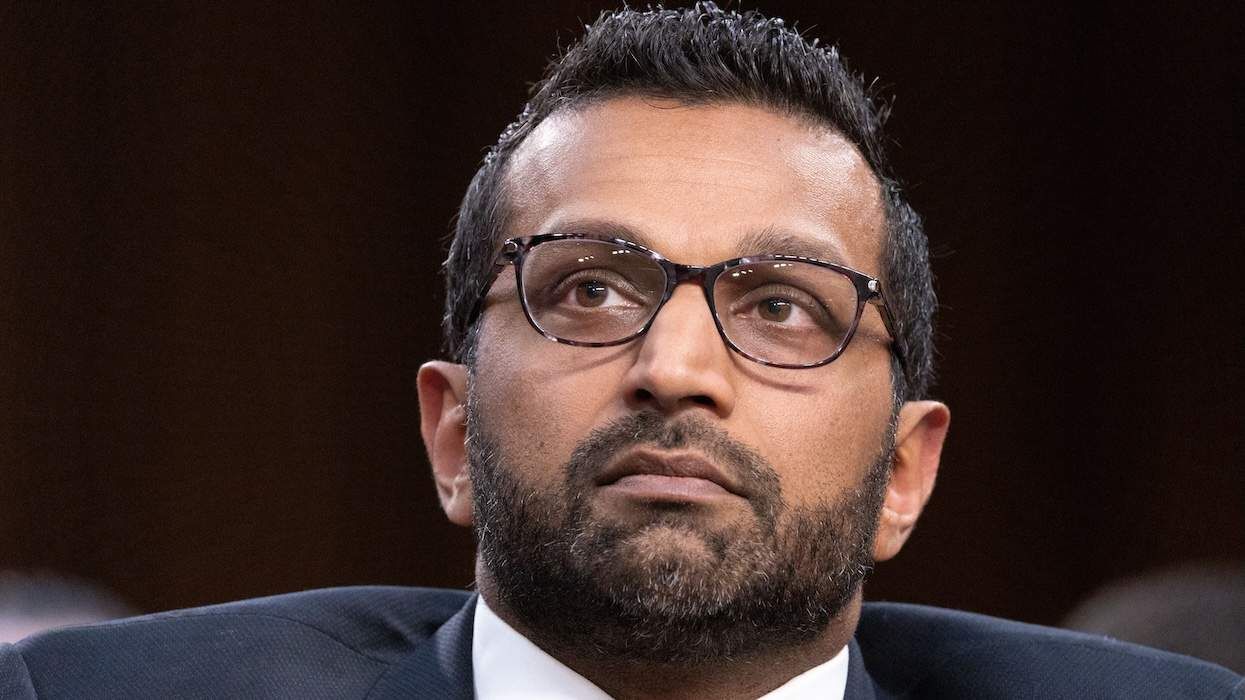
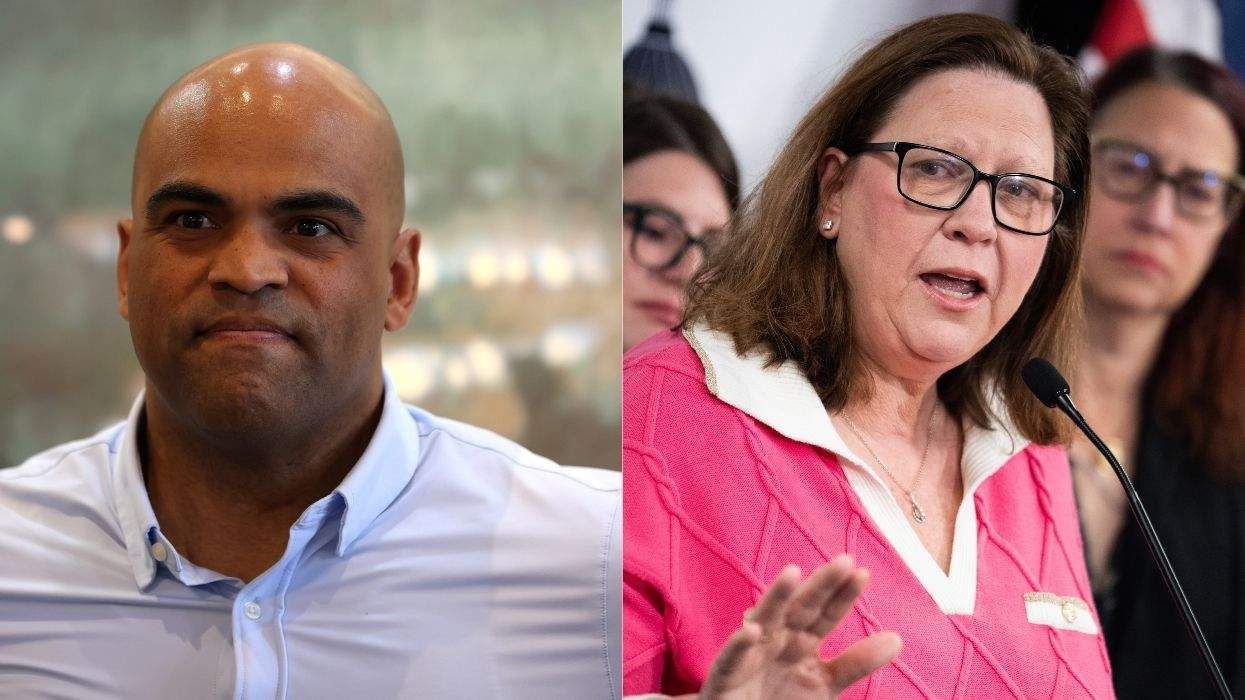



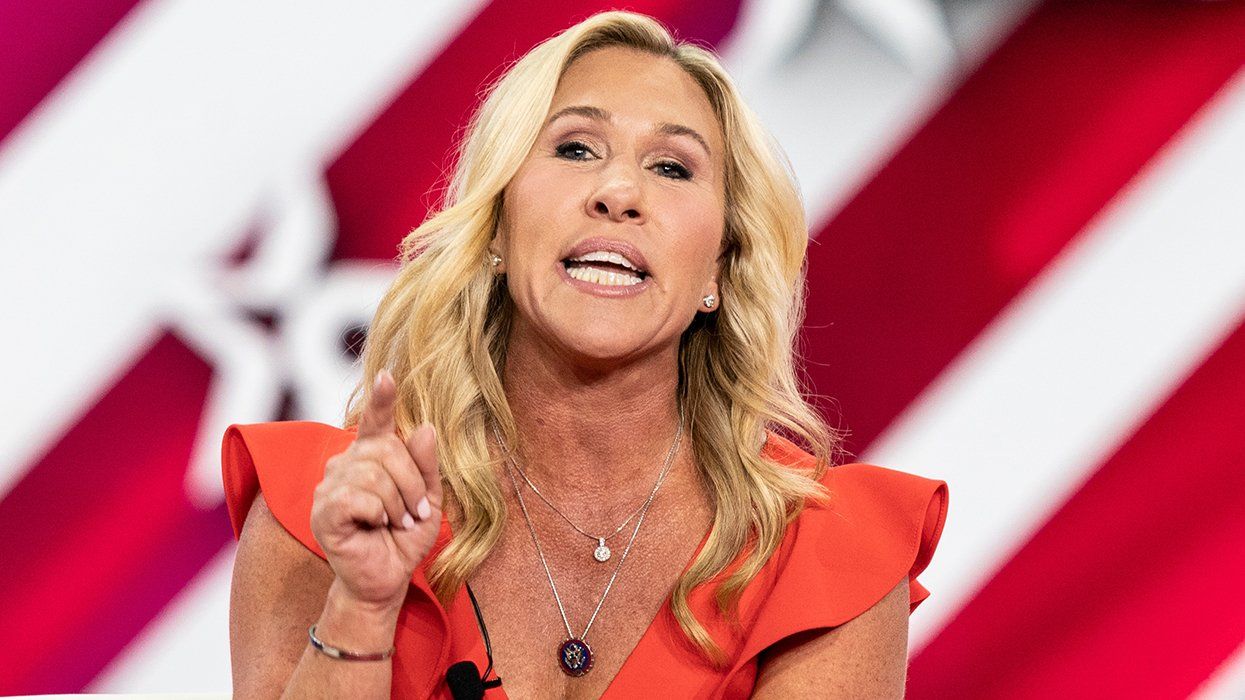
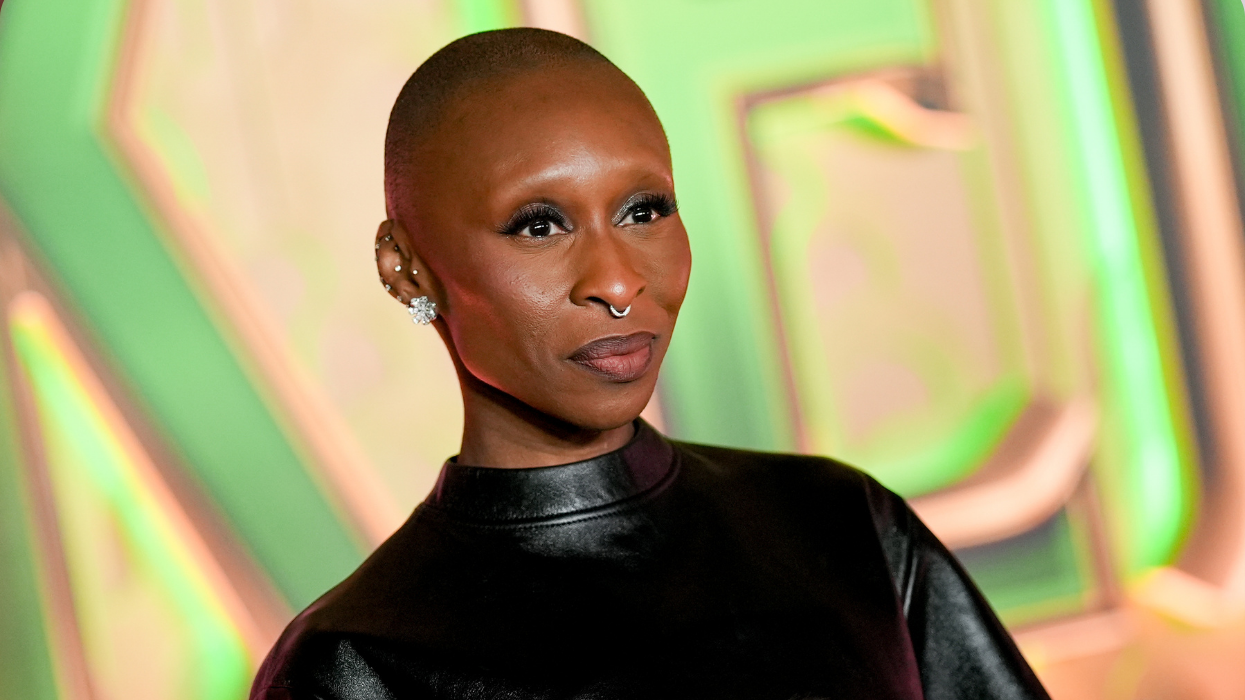

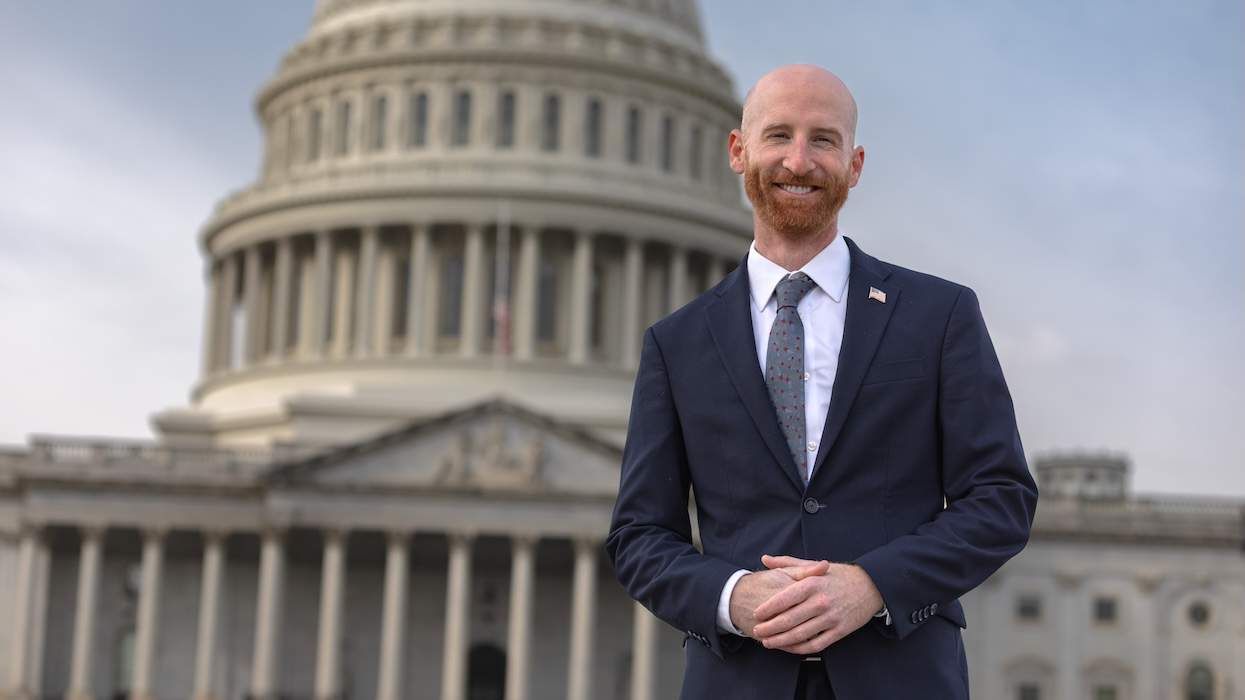
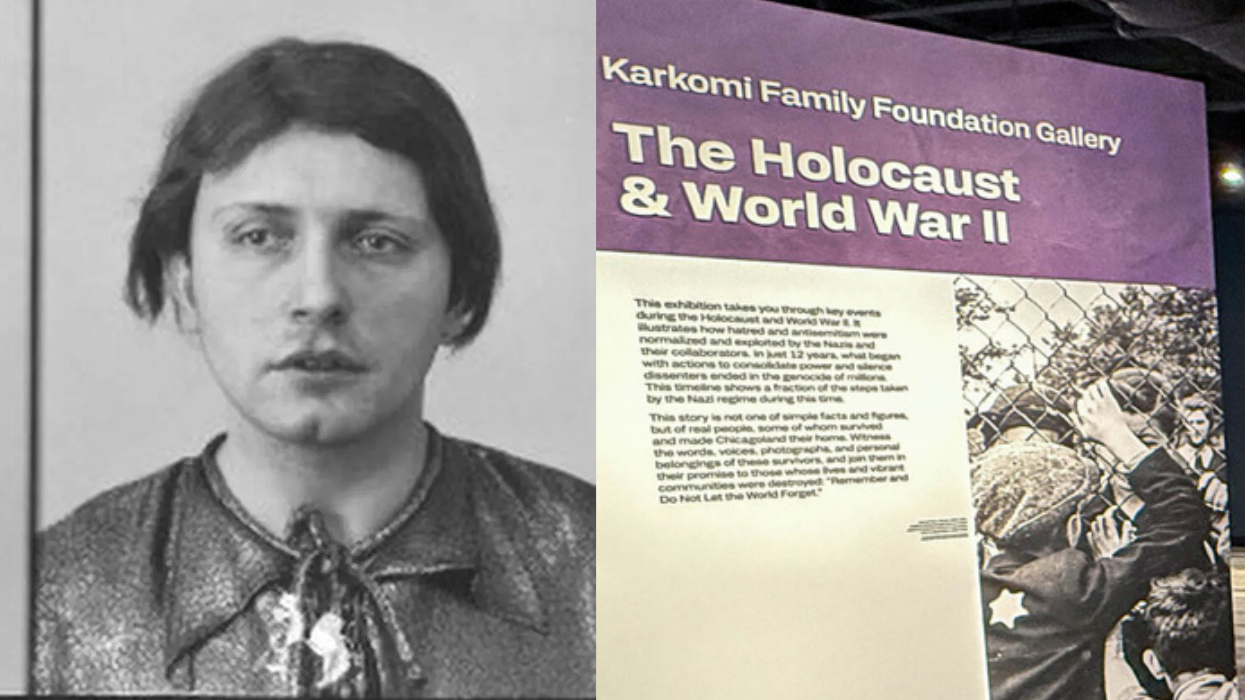


















































Charlie Kirk DID say stoning gay people was the 'perfect law' — and these other heinous quotes